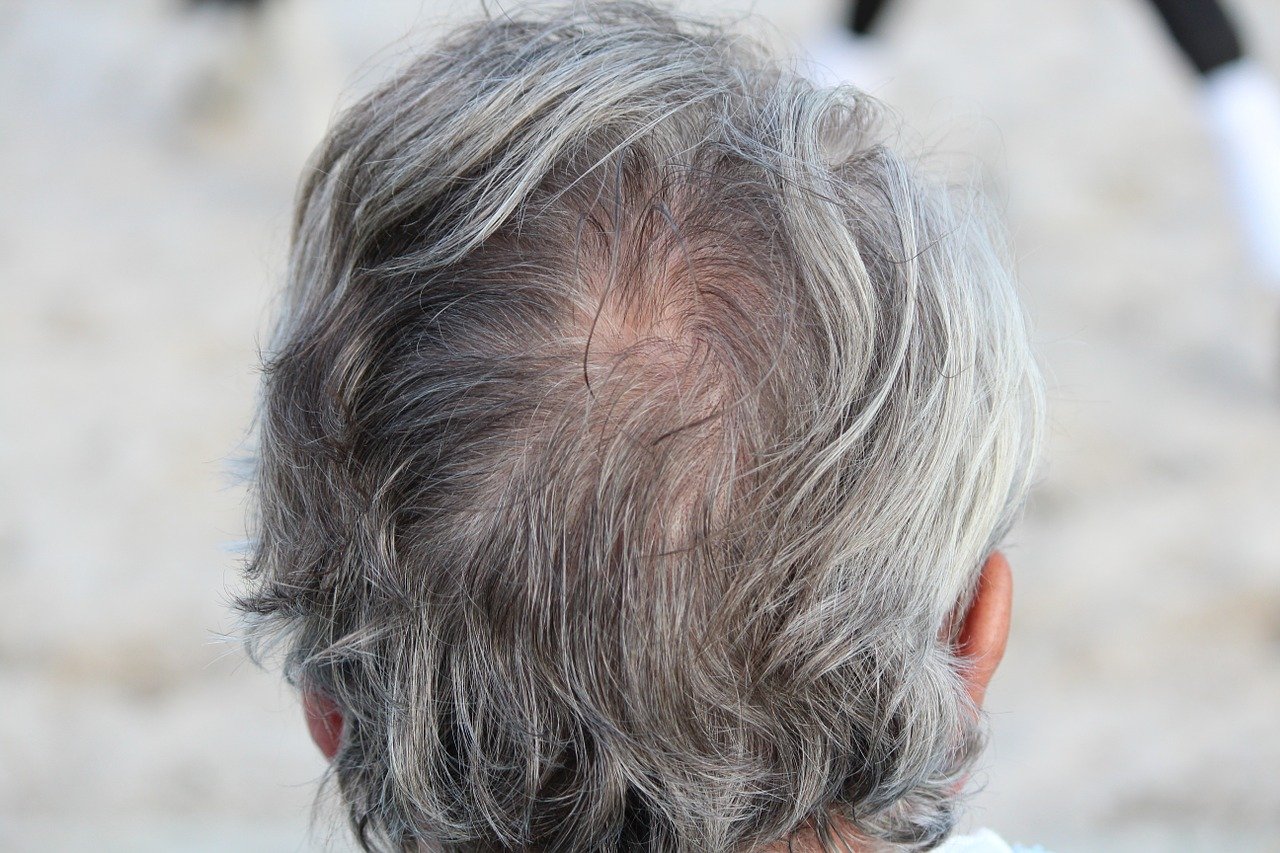
A new research study may have discovered why stress causes hair to turn white and a potential method to stop it from happening.
The study, which involved experiments on mice, found that stem cells that control skin and hair color became damaged after intense stress, turning dark-furred mice turned completely white within weeks.
The researchers from the study, published in the journal Nature, said that this avenue was worth exploring further for the development of a drug that prevents hair color loss from aging.
Prior to the study, it is understood that men and women can go grey any time from their mid-30s, with the timing of parental hair color change giving most of the clues on when. While it is mostly due to natural aging process and genetics, hair color turning into white could be influenced by stress.
The researchers from the Universities of Sao Paulo and Harvard believed that the effects were associated with melanocyte stem cells, which produce melanin and are responsible for hair and skin color.
Professor Ya-Cieh Hsu, research author from Harvard University, said: "We now know for sure that stress is responsible for this specific change to your skin and hair, and how it works."
Results of the study showed that pain in mice triggered the release of adrenaline and cortisol, causing their hearts to beat faster and their blood pressure to rise, affecting the nervous system and causing acute stress.
This process then accelerated the depletion of stem cells that produced melanin in hair follicles.
Prof. Hsu pointed out: "I expected stress was bad for the body. But the detrimental impact of stress that we discovered was beyond what I imagined."
"After just a few days, all of the pigment-regenerating stem cells were lost. Once they're gone, you can't regenerate pigment any more - the damage is permanent," he mentioned.
In a separate experiment, the researchers found that giving the mice an anti-hypertensive could block the changes. They also determined that suppressing the protein cyclin-dependent kinase (CDK) also prevented a change in the color of the mice's fur.






